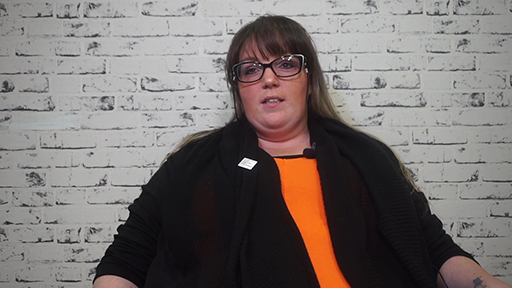Educational attainment
The impact of a disrupted education for Care-Experienced people can profoundly shape their adult lives. Educational attainment is strongly linked to health and economic outcomes.
The current care system means that meetings and appointments such as Children’s Hearings are scheduled during school hours and young people may miss important time to study and bond with their peers. The recent Independent Review of Care concluded that Care-Experienced young people should not be taken out of school or class for these meetings (Independent Care Review, 2020 [Tip: hold Ctrl and click a link to open it in a new tab. (Hide tip)] ).
There is a correlation between placement moves and the level of achievement at school – the less you move, the better you will do and conversely, more placement moves have a negative impact.
Only 12% of looked after young people leave school with a Higher (SQCF 6) level qualification, compared with 62% of their peers in 2017–18 (Scottish Government, 2019).
If a young person is placed in a setting that can provide them with the stability and care they need, they can go on achieve at school.
In the video below, Lee talks about the long-term challenges caused by a disrupted education.

Transcript
Not being able to sit the maths at the time when I needed it is obviously causing a barrier now because it’s one of your fundamental ones like English, maths, science, these are the things that you mostly need, and most people will put the restriction on you that you need to have maths to get into any sort of further education, higher education. So, currently it’s causing a barrier, and now as an adult it’s quite expensive to actually get that qualification now; so it is causing a big barrier.
School exclusions
Care-Experienced young people are more than six times more likely to be excluded from school than their peers (Scottish Government 2018). Some looked after young people are excluded from multiple schools. This can have a disruptive impact on their learning.
The Independent Review of Care concluded that schools and local authorities must do everything required to support children to build positive relationships at school and maintain attendance, engagement and learning in a meaningful and supportive way. This includes an end to exclusion from school and other actions that can exacerbate trauma (Independent Care Review, 2020).
Risk of criminalisation
